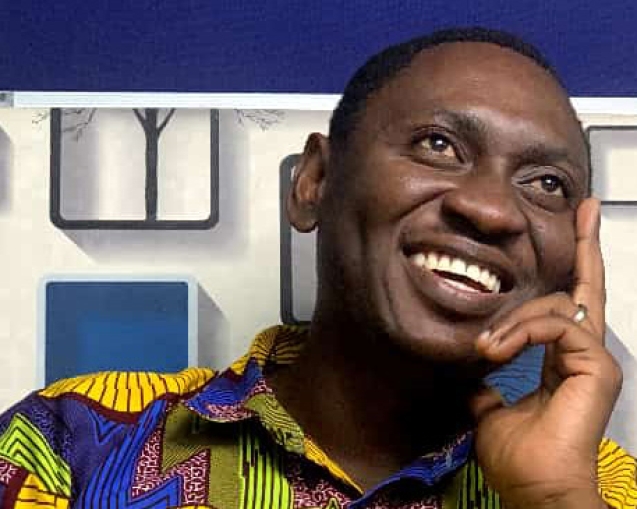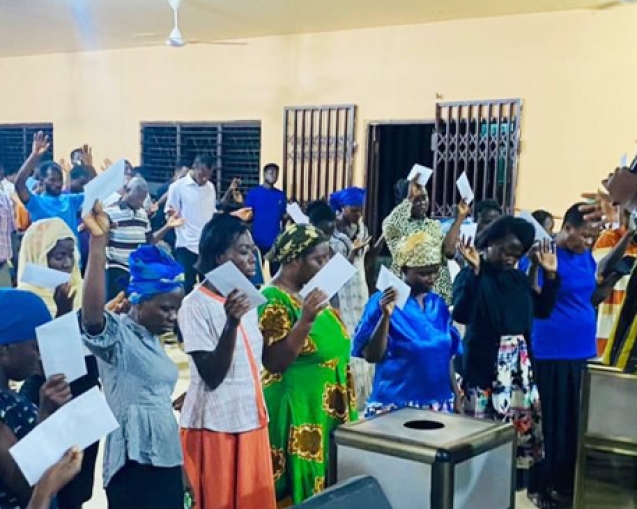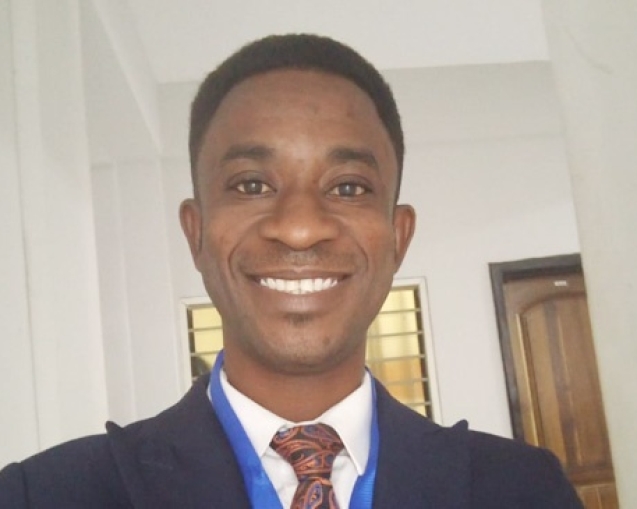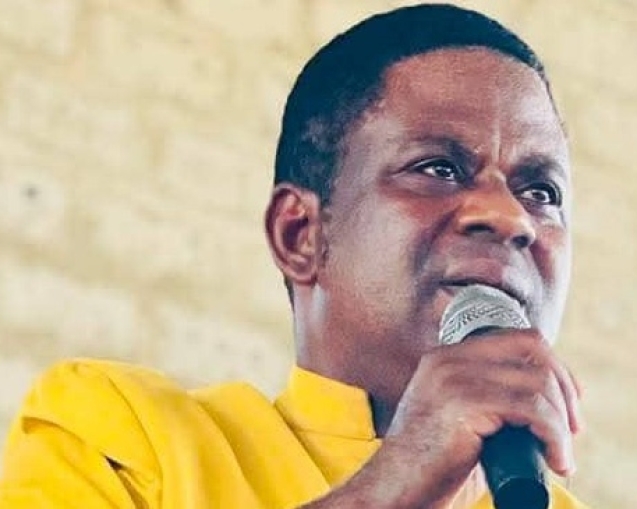Ghana is a deeply religious nation, with faith serving as both an anchor and a source of national pride. Yet, the country’s spiritual landscape faces growing threats. Television and radio broadcasts are filled with promises of instant wealth, miracle charms, and “money doubling.” Some fetish priests openly advertise spells to harm work rivals, while others claim they can make wives control their husbands. Even self-styled “prophets” shamelessly prey on the vulnerable. These practices are far from harmless. In April 2021, in Kasoa, two teenagers brutally killed their 10-year-old friend, Ishmael Mensah Abdallah, hoping to gain wealth through a ritual advertised online. Similarly, Madam Agradaa’s money-doubling schemes eventually landed her behind bars. Such tragedies illustrate the dangerous consequences of unchecked religious exploitation.
The urgency for self-regulation cannot be overstated. If genuine religious groups remain silent, government intervention may eventually become unavoidable, often heavy-handed. Rwanda’s churches learned this lesson painfully after the genocide, and Ethiopia now relies on an inter-religious council frequently bogged down by political disputes. Kenya, too, realized after extremist attacks that waiting for a crisis is too costly. Ghana must act proactively, developing a homegrown approach that protects freedom of worship while shielding society from manipulation and abuse.
The solution lies in proactive leadership from religious bodies themselves. The Church of Pentecost, under its Chairman, Apostle Eric Nyamekye, has outlined a bold vision to transform Ghanaian society. That vision should now extend to the self-regulation of religious practice. A national framework, led by the Ghana Pentecostal and Charismatic Council, the Christian Council of Ghana, the Catholic Bishops’ Conference, the Office of the National Chief Imam, and traditional faith leaders, could set clear ethical standards. These include financial transparency, proper training and certification for pastors, a code of conduct to prevent exploitation, and internal dispute-resolution mechanisms. This is not about government interference in preaching; it is about religious leaders defending their integrity and safeguarding the people who trust them.
Ghana’s religious freedom is a national treasure, but freedom without responsibility is fragile. If charlatans continue to dominate the airwaves, the cracks in society will widen, potentially leading to a full-blown crisis. Now is the moment for churches, mosques, and traditional leaders to unite under a single agenda: clean up the spiritual space before it collapses under abuse. Voluntary, structured self-regulation is the firewall Ghana needs. The sacred trust between leaders and followers is one of the nation’s greatest assets, and it must be protected not just with prayer, but with decisive, collective action.
Written by Enoch Ofosu, Ph.D.


















